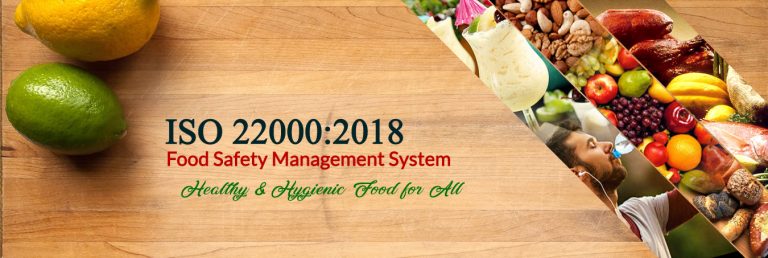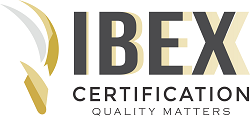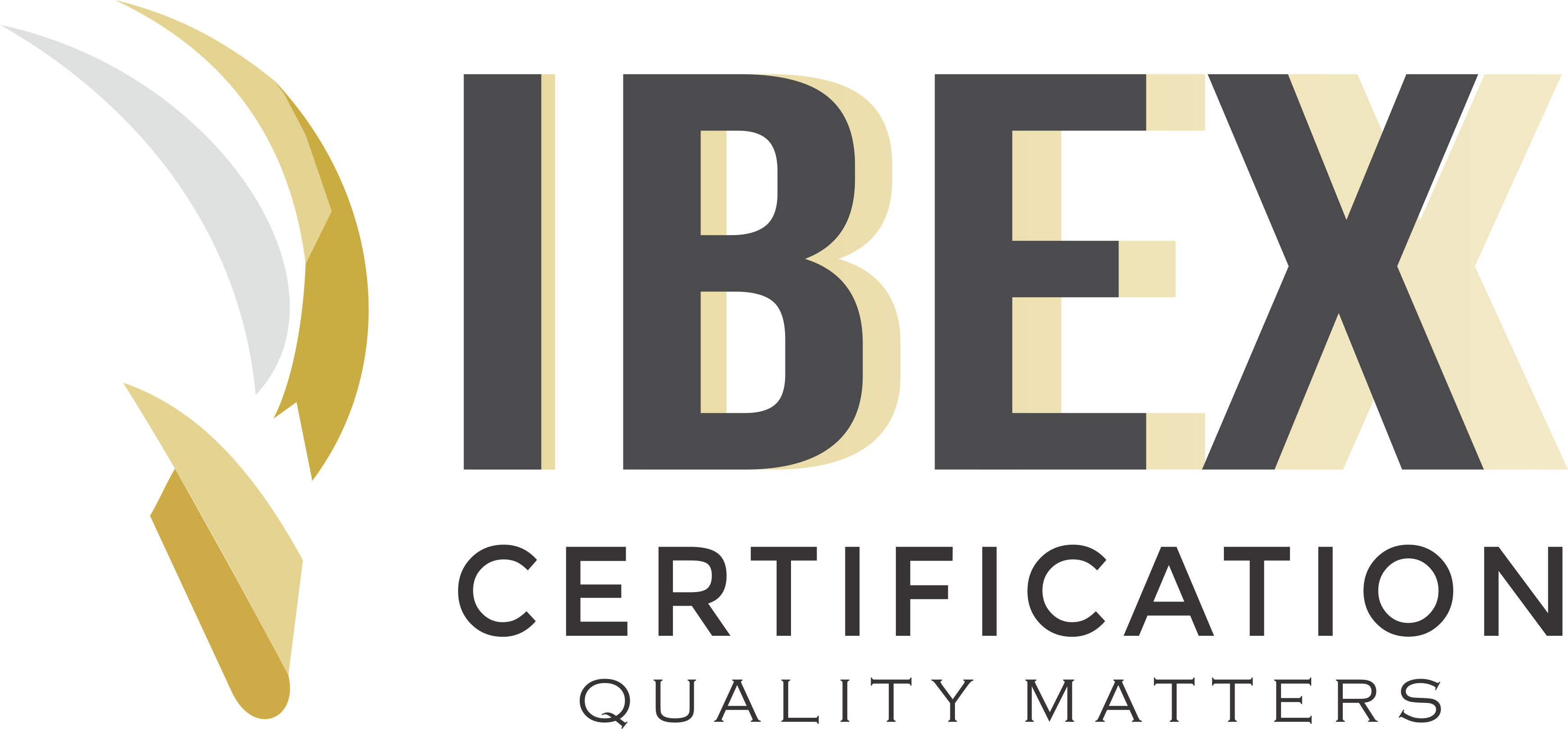ISO 22000 Food Safety Management System

Introduction of ISO 22000 certification:
The ISO 22000 standard is the first international standard for implementation of a certified food safety management system. It covers Interactive communication, System Management and Hazard control. Combining food safety principles .The ISO 22000 Standard can dynamically combine the HACCP principles and application steps with other prerequisite programs (PRP) to ensure hazard control using a combination of control measures.
What are the key benefits?
Greater impact on customers
Increased transparency
Streamlined production
Minimization of significant food risks
Effective control of internal processes and minimizing risk of failure
Increased staff motivation by focusing on a job well done
Signal sent about a proactive approach to food safety
Focus kept on your essential challenges
Roadmap for FSMS ISO 22000:
Roadmap and plan for ISO 22000 Certification basically depend on various factor, but mainly following are the main factors of the FSMS (ISO 22000 ) Certification.
Identify the requirements of ISO 22000 to your organisation.
Make Decision for ISO Implementation/Certification.
Get skilled team or hire services of consultant.
Identify GAP Analysis.
Make Implementation Plan.
Opt PDCA [Plan-Do-Check-Act] cycle.
Design, implement, aware about the Quality Policy, QMS Manual & SOP (Standards Operating Procedure).
Establish & evaluate the system and procedure.
Identify the boundaries of the management system and produce documented procedures as required.
Ensure these procedures are suitable and adhered to.
Once developed, internal audits are needed to ensure the system carries on working.
Assessment to ISO 22000
Assessment to ISO 22000:
Application to IBEX & Quotation.
Review of Application
Agreement between IBEX & Client.
Stage-1 Audit
Stage-2 Audit
Issuance of Certificate
Yearly Surveillance Audit
Special Audit (if required)
Extension Audit. (if required)

